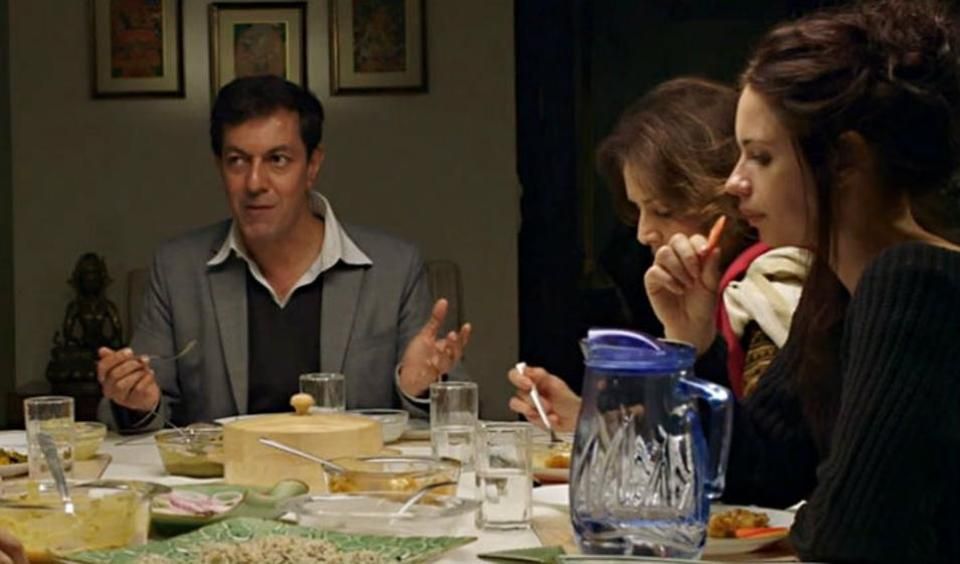A flawed nostalgia: Mantra review by Sarit Ray

MANTRA
Direction: Nicholas Kharkongor
Actors: Rajat Kapoor, Kalki Koechlin, Shiv Pandit, Lushin Dubey
Rating: 3 / 5
On the radio, ’90s music now passes for retro. Ripped jeans are back in fashion.
A generation that went to school in that decade is now India’s prime consumer demographic – the millennial. And what better way to appeal to its sensibilities than by packaging flavours from its childhood as nostalgia.
All these years later, the jingle ‘Bole mere lips…’ still calls to mind the distinctive taste of papri chaat Uncle Chipps wafers.
On the face of it, director Nicholas Kharkongor’s crowd-funded debut film, Mantra, documents the demise of this once-popular brand: the multinational Frito-Lay acquired Uncle Chipps in 2000. But what it effectively seeks to do is document this critical time, and the long-drawn effects of the economic liberalisation that began in 1991.
Kapil Kapoor (Rajat Kapoor) is a wealthy Delhi businessman whose company, King Chips, is going bankrupt. He speaks about the need to stop his powerful multinational rival, Kipper. But, ironically, drives a BMW.
His son, Viraj (Shiv Pandit), is setting up a restaurant business, but Kapil doesn’t approve of his new-age methods of raising money from investors. He also has a daughter, Piya (Kalki Koechlin), dealing with her own issues of independence; and a younger son dealing with a doomed infatuation playing out in a chat room.
The Kapoor family is a microcosm of ’90s urban India. Where else to set this film but in Delhi, a city coming to grips with development, new money, and an influx of people from smaller cities.
In a powerful subplot, after the police don’t register Piya’s FIR for molestation, she seeks out the man who saved her – a food delivery guy (Adil Hussain). He’s from the newly formed Jharkhand. “Do you know where that is?” he asks. “There’s no development there, so I had to move here,” he says, sitting in a rundown house, under an ‘India Shining’ hoarding.
There are similar nods to red-tapism in business, to the minister-businessman nexus, and the rise of the extreme right wing. In that, Mantra ticks all the boxes, and touches upon crucial issues that defined the period. But the links are weak, and the subplots episodic.
You end up wishing more screen time had been dedicated to the smaller, more relatable stories.
Nostalgia is eternally beautiful because memory is so selective. Mantra is worth watching if only to be able to be able to look back at that period – the 1990s to the early 2000s – and remember what it was really like.
Watch the trailer for Mantra here






